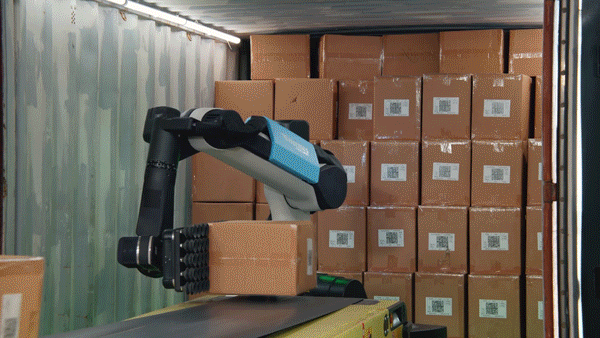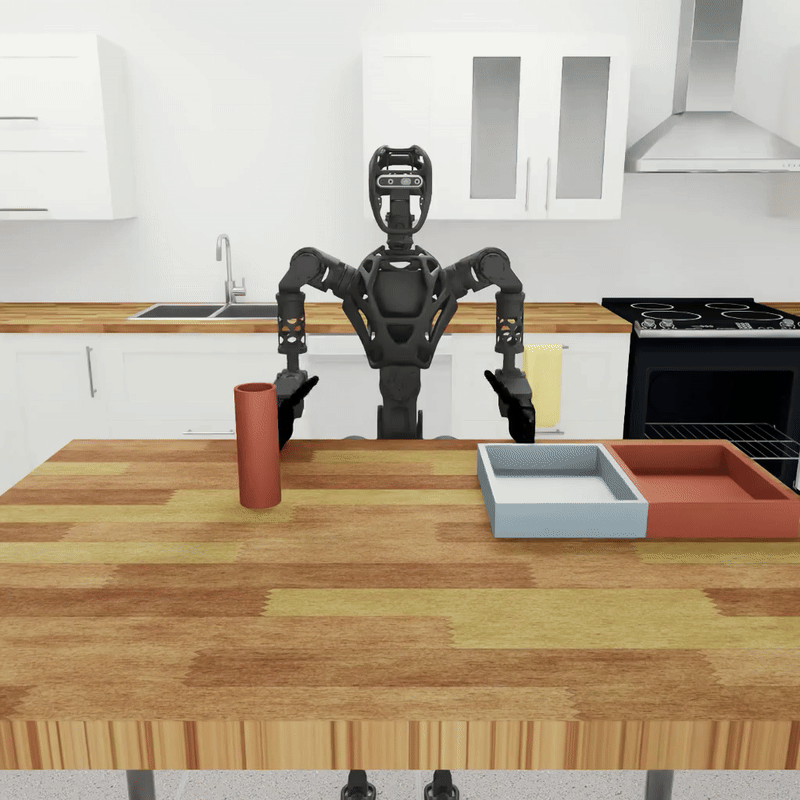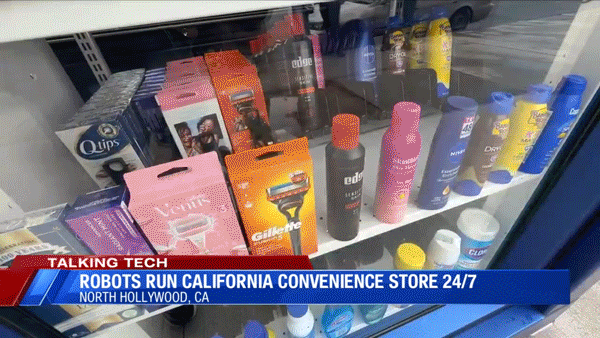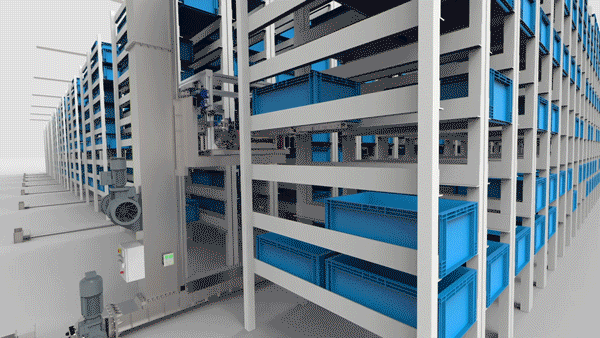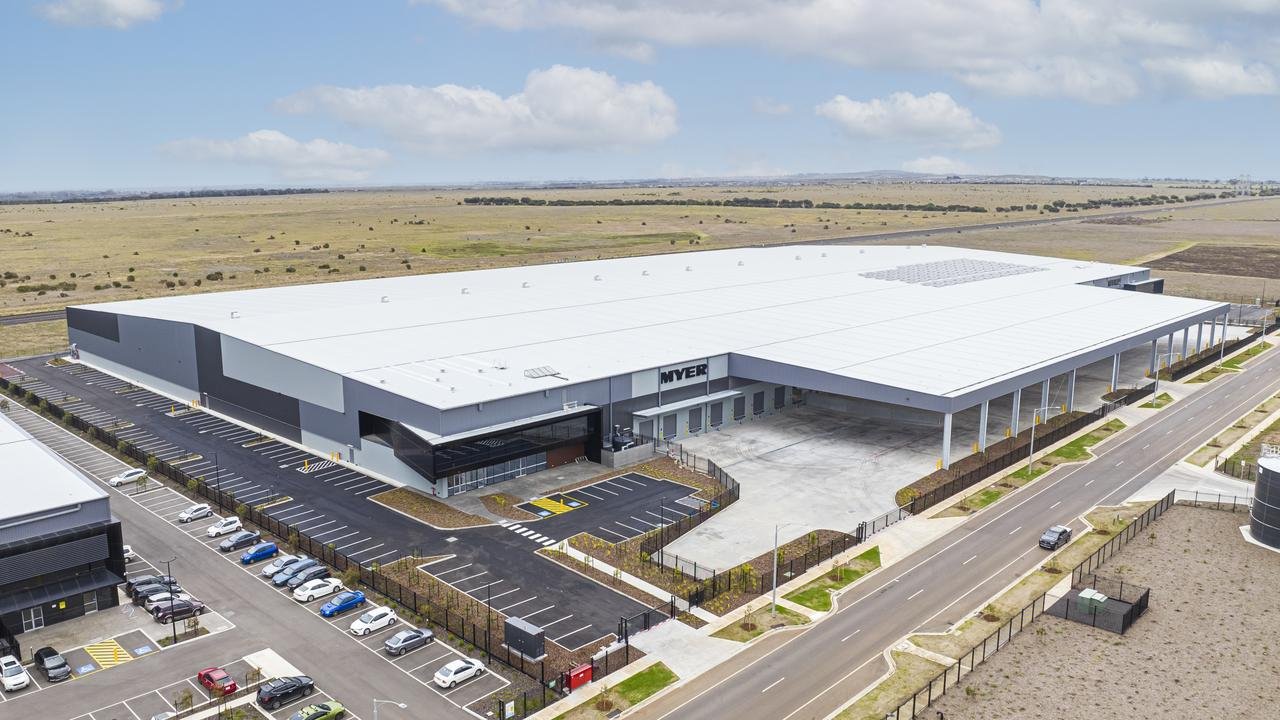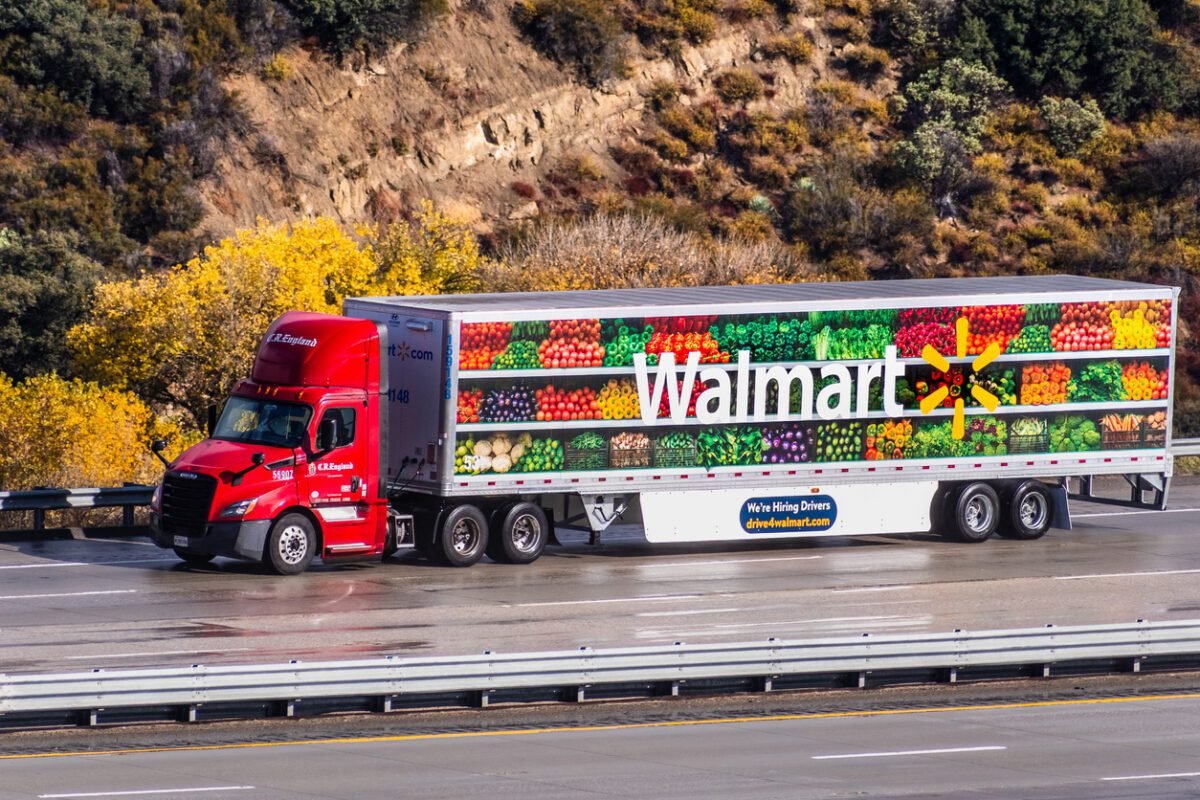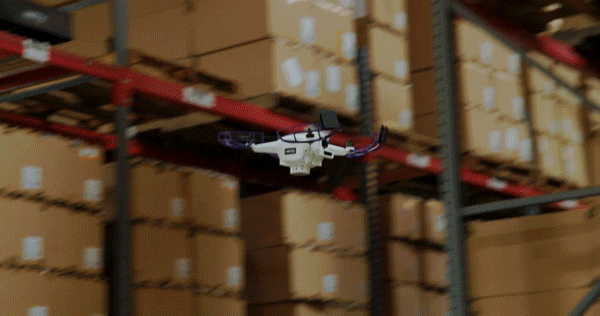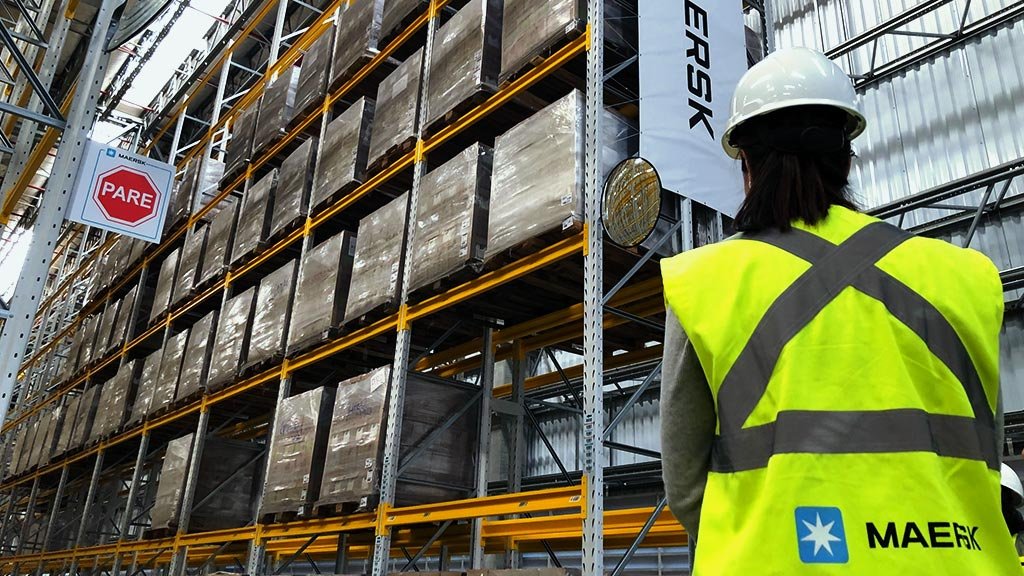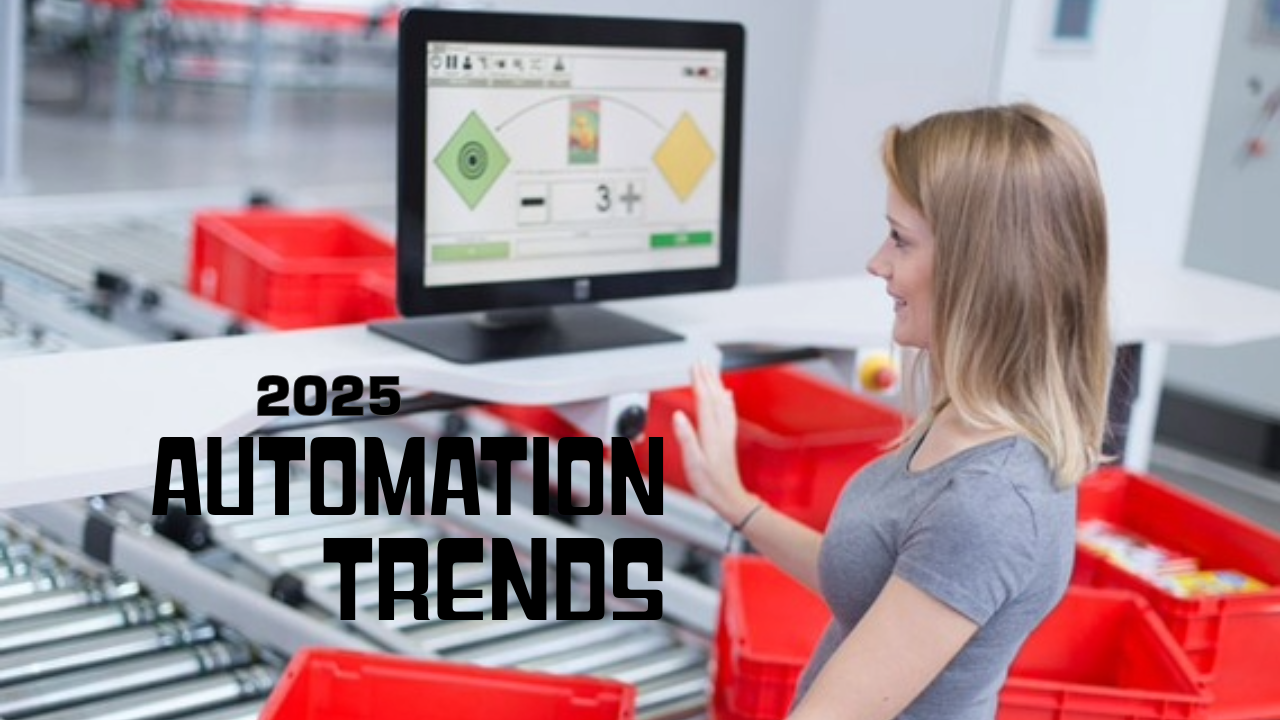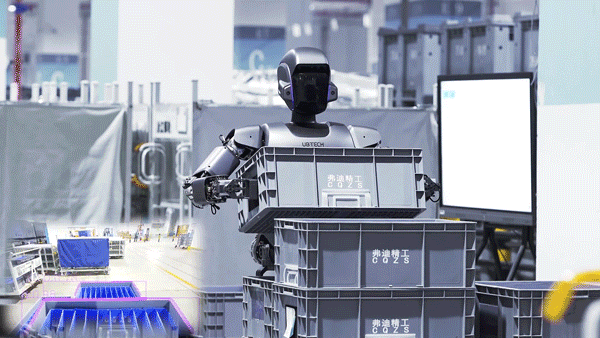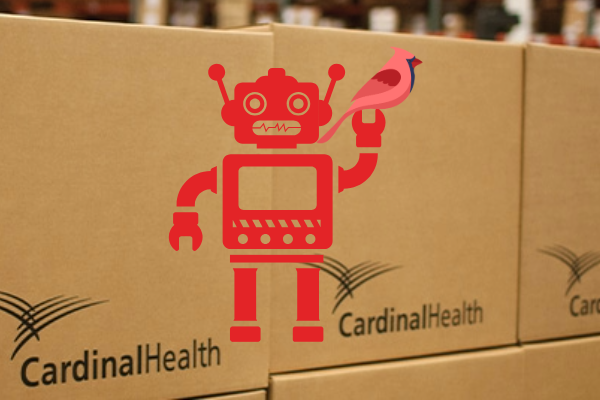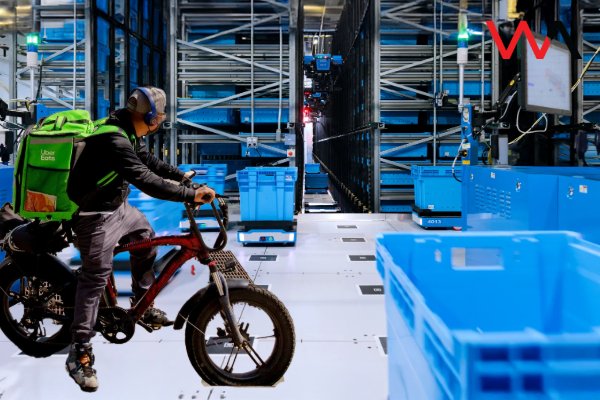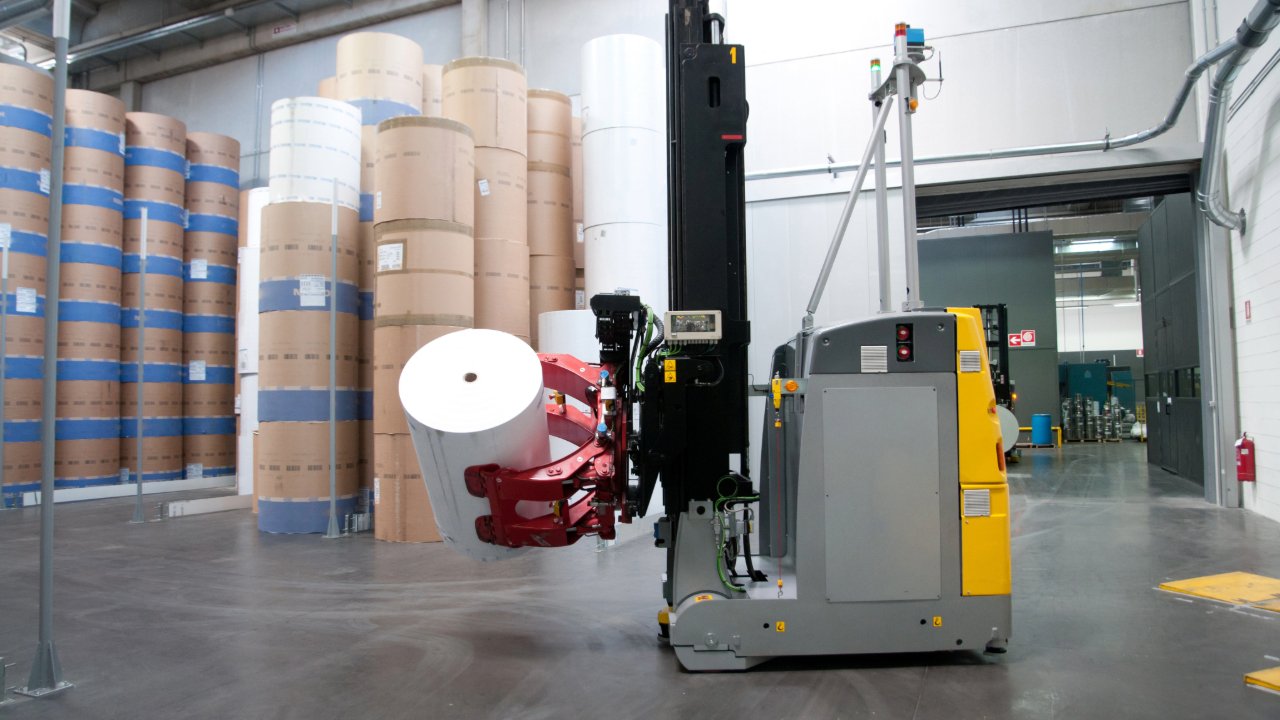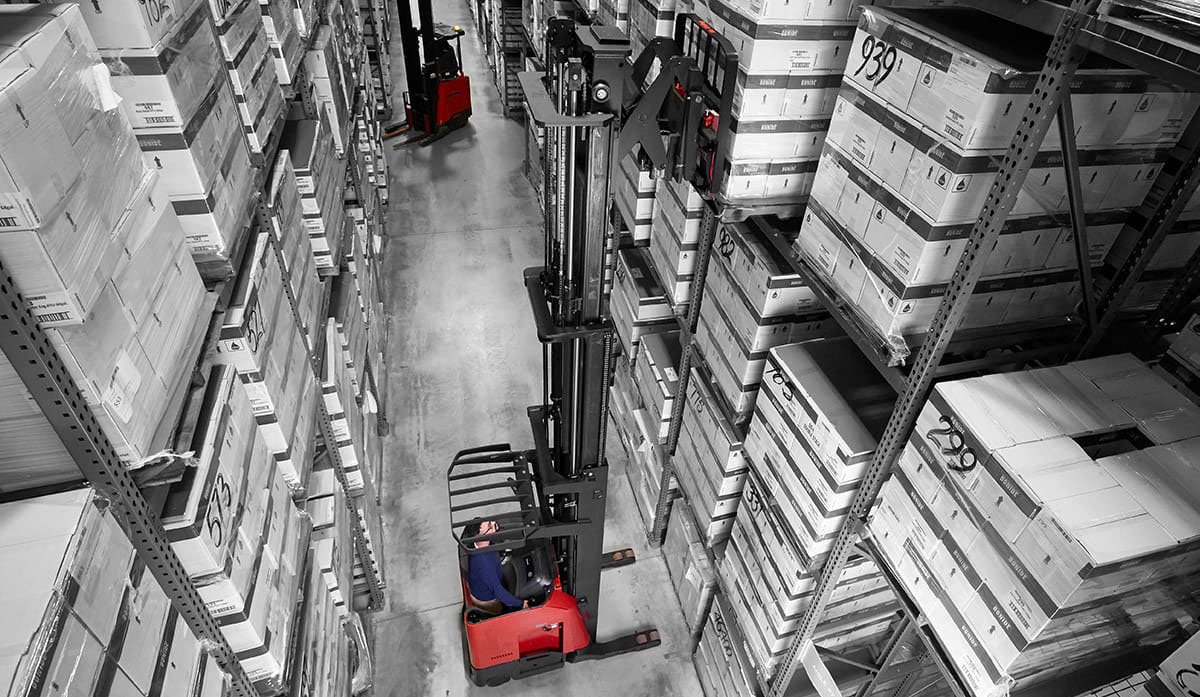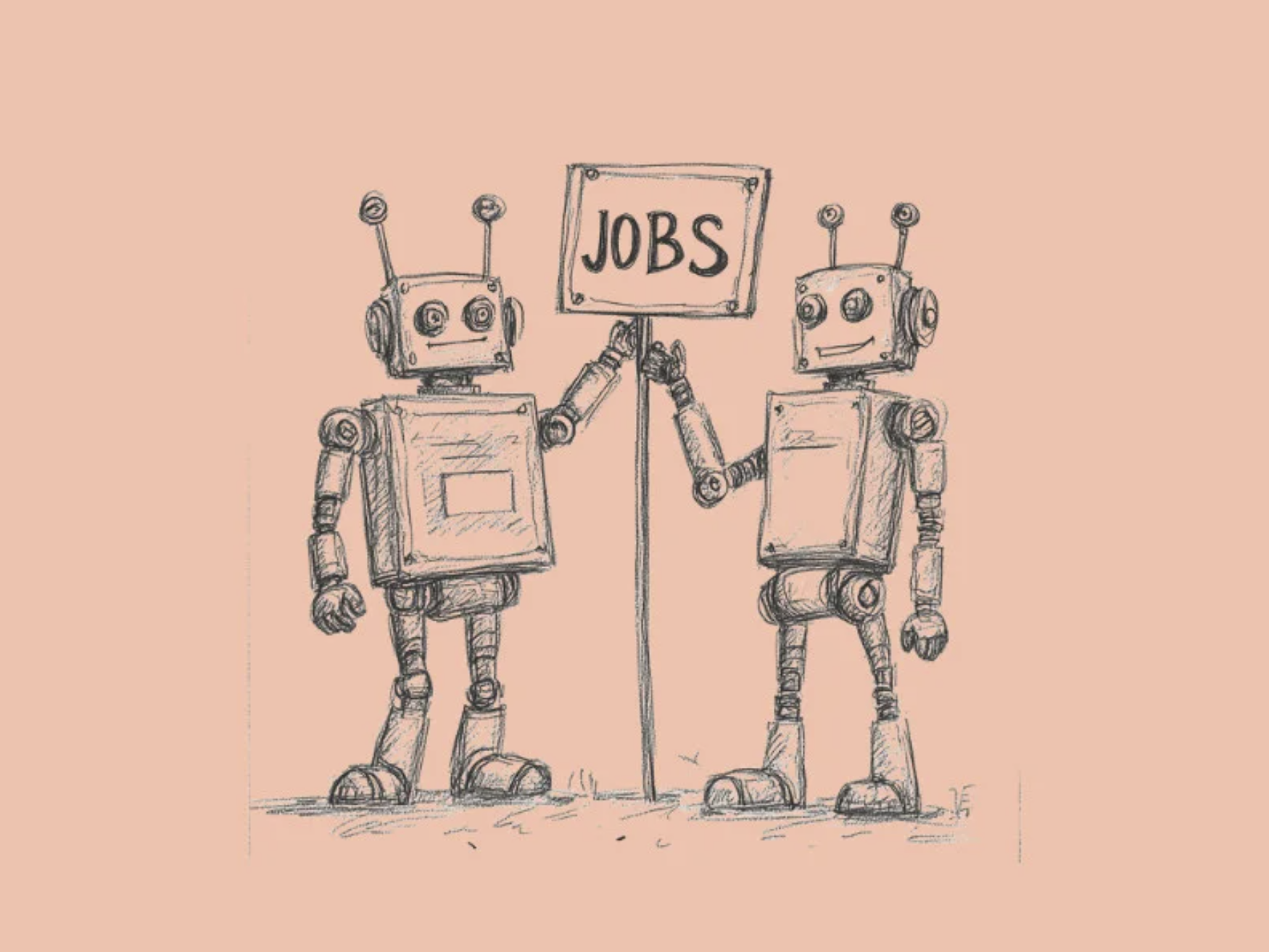AI Tokens: Set to Transform the Next Generation of Orchestrated Warehouses
What is an AI Token?
AI token typically refers to a digital asset token associated with artificial intelligence (AI) applications, systems, or platforms. These tokens are often part of blockchain ecosystems where AI services, products, or data are accessed, and they can serve various purposes, such as:
Accessing AI Services: Some AI tokens allow users to access specific AI services on decentralized networks. For example, users might use these tokens to pay for data analysis, AI-driven insights, or machine learning models on platforms that offer them as a service.
Data Sharing and Model Training: AI tokens can facilitate a decentralized ecosystem for data sharing and training AI models, with tokens used to incentivize data providers or contributors to an AI system. These tokens can reward individuals who contribute data, which can improve model performance.
Governance: In decentralized AI platforms, AI tokens might grant holders the ability to participate in governance decisions, such as setting platform policies, voting on development proposals, or managing community contributions.
Ownership and Licensing of AI Models: Some tokens act as licenses or proof of ownership of specific AI models or datasets. This can allow individuals or companies to access, share, or rent out models for particular use cases, with tokens ensuring compensation for model creators.
Marketplaces for AI Solutions: Decentralized AI marketplaces use tokens to facilitate transactions, where developers and users can buy or sell AI tools, data, models, and other resources in a peer-to-peer setup.
Each platform might implement its AI token slightly differently, but generally, these tokens make it easier to interact with decentralized AI systems and share resources in a way that’s transparent and incentivizes participation.
Could AI Tokens be Coming to Warehouse Automation & Robotics?
AI tokens could hold significance in robotics, automation, and especially warehouse automation, offering unique ways to handle complex data interactions, improve interoperability, and foster decentralized collaboration. Here’s how they could play a transformative role:
1. Incentivizing Data Sharing for Improved Robotics Performance
AI tokens can encourage data sharing among robotics developers, manufacturers, and warehouse operators, where each participant contributes specific data to improve robotics performance. For instance, in warehouse automation, sharing data on machine efficiency, error rates, and environmental factors can improve overall system learning and enable more effective predictive maintenance.
Tokens could reward users who contribute useful data, creating an ecosystem where data needed for optimizing robot performance is more readily accessible.
2. Standardizing and Facilitating Model Exchange
AI tokens can support the creation and exchange of specialized models for various warehouse tasks, such as picking, packing, or sorting, making them available to others in a decentralized model marketplace. Tokens would allow warehouse operators to acquire task-specific algorithms or AI models without requiring significant in-house development.
Developers of these models could be compensated with tokens each time their model is used, creating a marketplace for model development that is both accessible and rewarding for contributors.
3. Decentralized Management of Robotics Systems and Protocols
Warehouses often face challenges in integrating diverse robotics solutions from different vendors, each with unique programming languages and interfaces. AI tokens could act as an interoperable utility, facilitating the seamless orchestration and management of robots from various vendors, aligning with the universal robotic software language concept you’re working with.
With tokens, warehouse operators could access a standardized protocol for interoperability between systems, enabling easier integration and scalability of multi-vendor robotic solutions.
4. Smart Contracts for Real-Time, Automated Workflow Coordination
AI tokens could underpin smart contracts that automatically coordinate warehouse workflows. For instance, when a robot completes one task, a smart contract could trigger the next robot or system in the sequence, using tokens as a way to authorize or verify each step.
This enables real-time, automated coordination of complex workflows in warehouses, reducing downtime, minimizing human intervention, and allowing for more autonomous, efficient operations.
5. Enhanced Security and Access Control
AI tokens can serve as access control keys within automated systems, offering secure access to specific robots, zones, or data only to authorized personnel or systems. For instance, only authorized AI-powered bots could access sensitive areas or manipulate high-value goods, which enhances overall warehouse security.
Tokenized access also provides traceability, allowing warehouse managers to track all transactions and robotic activities on the blockchain, reducing the potential for unauthorized access.
6. Incentivizing Decentralized Innovation for Warehouse Solutions
AI tokens can encourage developers from around the world to create innovative solutions for warehouse challenges, potentially rewarding those who contribute valuable applications or workflows for specific robotics and automation scenarios.
By using tokens as a reward mechanism, companies could encourage the development of niche solutions that are critical for warehouse efficiency but might otherwise lack funding or focus in traditional development environments.
Potential Challenges to Address
Scalability and Latency: Blockchain systems must handle high transaction volumes with low latency to be viable in fast-paced warehouse environments.
Standardization of Protocols: To be effective, AI tokens would need standardized protocols and interfaces that work across various robotics and automation systems.
Data Privacy and Security: Data sharing incentivized by tokens needs to address privacy concerns, especially as warehouses handle sensitive customer or proprietary business information.
Overall, AI tokens could drive significant improvements in efficiency, flexibility, and cost-effectiveness for warehouses, enabling more adaptive and collaborative ecosystems. The use of tokens could simplify automation for warehouse operators, streamline collaboration with multiple vendors, and provide a seamless interface for the next generation of autonomous warehouses.




